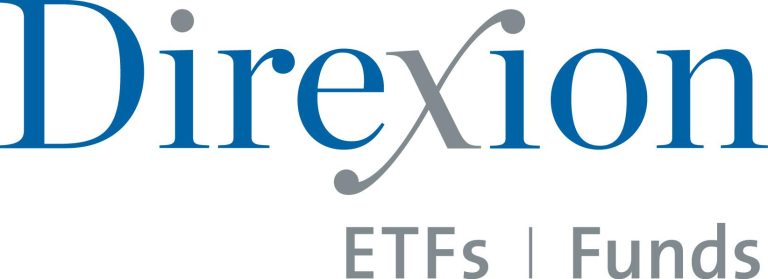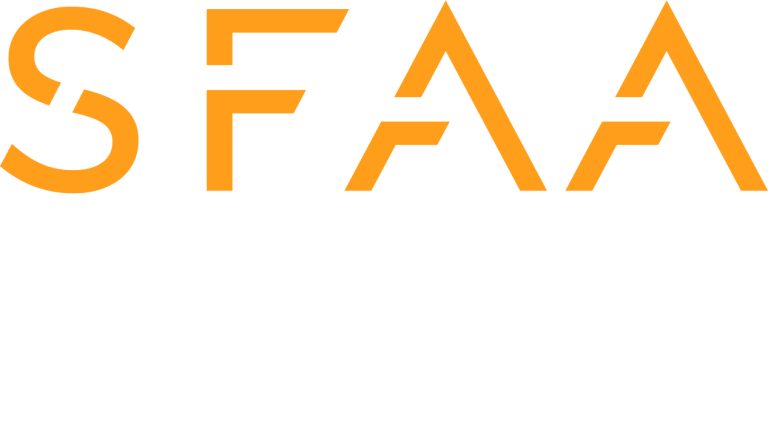
Economists, traders and industry leaders are worried about the impact of President Donald Trump’s policies. So it’s no wonder the average American is worried as well.
A stock market correction — like the one happening now — might be good for billionaires who see it as a buying opportunity. But for the average American? Not so great, as they watch their 401(k)s decline in value.
Tariffs, trade wars, and cuts to government programs have many Americans worried about what Trump’s policies will do to their finances — and their retirement savings. Only 4 in 10 voters view his handling of trade and the economy favorably, according to an AP-NORC poll.
Consumers’ expectations for the future fell for a fifth consecutive month this April, reaching a 13-year low of 54.4, according to the most recent Conference Board Consumer Confidence Survey. That’s the lowest it’s been since October 2011 and “well below the threshold of 80 that usually signals a recession ahead.”
These findings suggest that “worries about the economy and labor market have started to spread into consumers’ assessments of their personal situations,” said Stephanie Guichard, senior economist of global indicators at The Conference Board.
Don’t miss
- I’m 49 years old and have nothing saved for retirement — what should I do? Don’t panic. Here are 5 of the easiest ways you can catch up (and fast)
- Thanks to Jeff Bezos, you can now become a landlord for as little as $100 — and no, you don’t have to deal with tenants or fix freezers. Here’s how
- Gain potential quarterly income through this $1B private real estate fund — even if you’re not a millionaire. Here’s how to get started with as little as $10
Economic fears may be justified
These fears may be justified, given some of Trump’s proposals. One such proposal, reiterated by U.S. Commerce Secretary Howard Lutnick to Fox News, is to replace income taxes with tariffs.
Although it’s difficult to accurately quantify the effects of Trump’s tariffs at this point, research has shown that his 2018 tariffs resulted in price increases for goods subject to the tariffs, hurt U.S. GDP, cost jobs and reduced real income by about $674 per household.
Analysis by the Peterson Institute for International Economics (PIIE), an independent and non-partisan research group, also shows that price increases from tariffs will hurt middle- and lower income Americans the most. And, if used to replace income taxes, the middle quintile of income earners — defined as those earning on average $74,730 — would see a reduction in net after-tax income while top earners would see an increase.
And In their most recent Summary of Economic Projections (SEP), Federal Open Market Committee (FOMC) participants downgraded their expectations for GDP and increased their forecast for inflation. There’s “already at least a whiff of stagflation right now” in the U.S., Richard Clarida, global economic advisor at Pacific Investment Management (Pimco), told Bloomberg Surveillance.
Along with higher prices, consumers are also concerned about cuts to social services, including their Social Security and Medicaid benefits.
Read more: Want an extra $1,300,000 when you retire? Dave Ramsey says this 7-step plan ‘works every single time’ to kill debt, get rich in America — and that ‘anyone’ can do it
While Trump has said several times that he’s not going to touch these, dramatic cuts to the Social Security Administration (SSA) could lead to “system collapse and interruption of benefits,” Martin O’Malley, former commissioner of the SSA, told CNBC — a move that some believe will be used to justify privatization.
In 2025, almost 69 million Americans per month will receive a Social Security benefit, according to the SSA. But DOGE is cutting 12% of the Social Security Administration (SSA) workforce, consolidating regional offices (from 10 to four) and closing 45 field offices, which is expected to impact service levels.
3 steps to safeguard your finances
If you’re looking for ways to safeguard your financial future, here are three ways to shore up your finances right now:
Protect your income: Now is a good time to make sure you can weather shocks, including reduced income or unemployment. If you don’t already have one, build an emergency fund. Given the prospects for the economy, set aside enough to cover at least six months of expenses — and, if you think it could be hard to find a new job in your field, set aside a year’s worth. As you’re saving, it’s also a good time to pay down any debt you may have (like that credit card bill) in case you’re not able to pay it back right away should you lose your main source of income. You might also want to review your insurance coverage with a qualified broker to mitigate risks should you need to tap on coverage in the event of an emergency.
Save, save, save: With rising prices, it could be harder to save for retirement. But, to the extent possible, save as much now as you can. Revisit your financial plan with an advisor to see what you need to save — particularly if you’re highly dependent on your Social Security benefit. If income taxes were to disappear, tax-deferred accounts would likely disappear with them — but in the meantime, try to max out the employer contribution on your 401(k) and use top-ups if you’re over 50 and qualify. Create a budget that helps you find some money to put away each month and hold off on large purchases (you’ll thank yourself later).
Make sure your money is working as hard as it can for you: Speak to your financial advisor about stagflation-proofing your portfolio and reducing the impacts of tariffs. This likely means greater diversification into different assets — and potentially alternative assets — and into wider geographies to reduce exposure to the U.S. and countries most affected by U.S. tariffs.
Big changes may be coming to the U.S. economy, and while we’ve yet to see if the promised benefits will take root in the long run, we do know the short-term pain may be an indication of things to come.
What to read next
- Don’t have the cash to pay Uncle Sam in 2025? You may already be eligible for a ‘streamlined’ handshake with the IRS — here’s how it works and how it can potentially save you thousands
- Here are 5 ‘must have’ items that Americans (almost) always overpay for — and very quickly regret. How many are hurting you?
- Robert Kiyosaki warns of a ‘Greater Depression’ coming to the US — with millions of Americans going poor. But he says these 2 ‘easy-money’ assets will bring in great wealth. How to get in now
This article provides information only and should not be construed as advice. It is provided without warranty of any kind.


